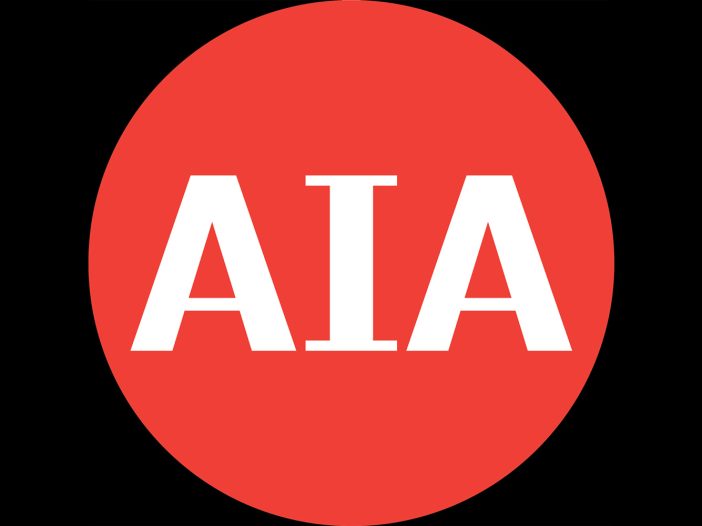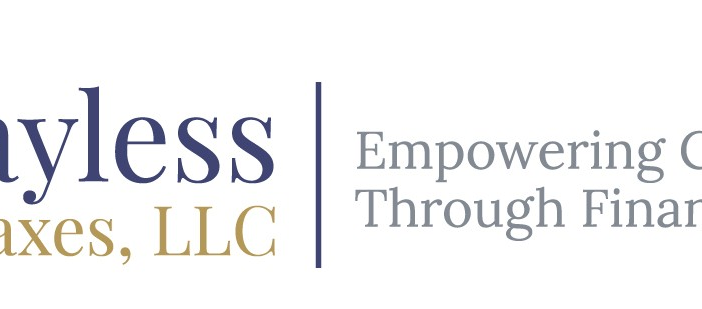Managing cash flow effectively is critical for bonded contractors because construction projects often have long billing cycles, retainage, and unpredictable expenses. Poor cash flow management can lead to missed payroll, inability to pay suppliers, and even default on bonded projects, which can damage future bonding capacity. This section will explore practical strategies for improving cash flow management, including how to identify slow-paying clients, create financial buffers, and plan for project… Read More
Archives for January 2025
AIA Billing and Best Practices for Smooth Payment Approvals
AIA billing is a standardized method of invoicing in the construction industry that helps contractors receive payments systematically throughout a project. Using AIA Forms G702 (Application and Certificate for Payment) and G703 (Continuation Sheet), contractors can document and request progress payments efficiently. 1. Understanding AIA Billing Key Forms Used in AIA Billing 2. Step-by-Step Process of AIA Billing Step 1: Prepare the Schedule of Values (SOV) Step 2: Track Work… Read More
Why Contractors Should Use QuickBooks Advanced for Accounting
Managing finances as a contractor can be a challenging endeavor. From tracking expenses and invoicing clients to ensuring compliance with tax regulations, the accounting side of your business requires precision and efficiency. For contractors aiming to scale their business while staying on top of financials, QuickBooks Advanced offers a powerful solution tailored to meet your needs. 1. Advanced Job Costing Made Easy One of the most crucial aspects of contracting… Read More
Why Surety Companies Care About WIP Reports
Surety bond providers carefully analyze WIP reports to evaluate a contractor’s financial position, ability to complete projects, and potential risks. Here’s how detailed WIP reports demonstrate financial stability and project profitability: 1. Showcasing Financial Health WIP reports provide a clear picture of a contractor’s financial standing by revealing: A healthy WIP report reassures surety companies that the contractor is financially sound and capable of managing bonded obligations. 2. Evaluating Profitability… Read More
Why Having Your Spouse Handle Construction Bookkeeping Could Be a Costly Mistake
In the construction industry, effective financial management is critical to the success of your business. From job costing to managing cash flow and ensuring compliance with tax regulations, construction accounting is highly specialized. While it might seem convenient and cost-effective to have your spouse manage bookkeeping duties, this decision can often lead to costly mistakes that impact your bottom line. The Complexity of Construction Accounting Unlike standard business accounting, construction… Read More
Contractors: How to Improve Your Bonding Capacity Without Increasing Debt
Surety bonding is a critical aspect of a contractor’s business, influencing their ability to bid on and secure larger projects. Increasing bonding capacity without taking on additional debt is a strategic goal that requires smart financial management and operational efficiency. Here’s how contractors can achieve this: 1. Strengthening Financial Statements Surety companies closely evaluate a contractor’s financial health before granting or increasing bonding capacity. Improving key financial indicators can make… Read More






